comparing heat pump systems
jwdhokie
11 years ago
Related Stories

GREAT HOME PROJECTSHow to Add a Radiant Heat System
Enjoy comfy, consistent temperatures and maybe even energy savings with hydronic heating and cooling
Full Story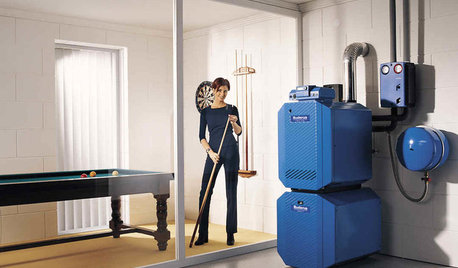
HOUSEKEEPING5 Steps to Improve Your Heating System Now
Increase your heater's efficiency and safety for lower energy bills and greater peace of mind this winter
Full Story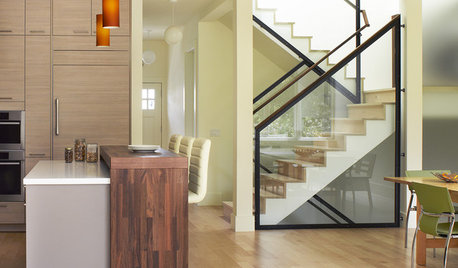
FLOORSIs Radiant Heating or Cooling Right for You?
Questions to ask before you go for one of these temperature systems in your floors or walls (yes, walls)
Full Story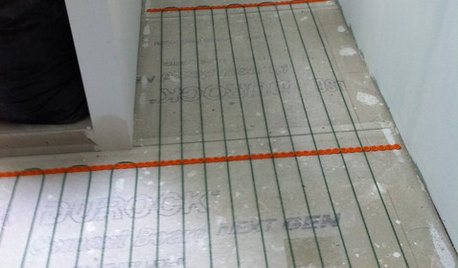
BATHROOM DESIGNWarm Up Your Bathroom With Heated Floors
If your bathroom floor is leaving you cold, try warming up to an electric heating system
Full Story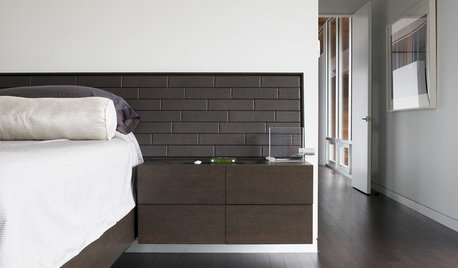
FLOORSFloors Warm Up to Radiant Heat
Toasty toes and money saved are just two benefits of radiant heat under your concrete, wood or tile floors
Full Story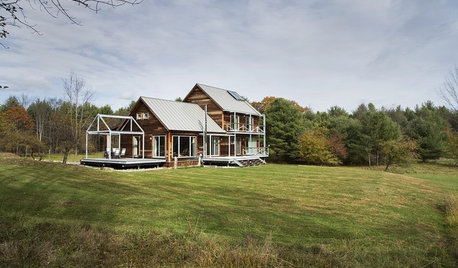
GREEN BUILDINGHouzz Tour: Passive House in Vermont Slashes Heating Bills
Its ecofriendly, low-maintenance design leaves a family with more time to relax and enjoy the weekend home
Full Story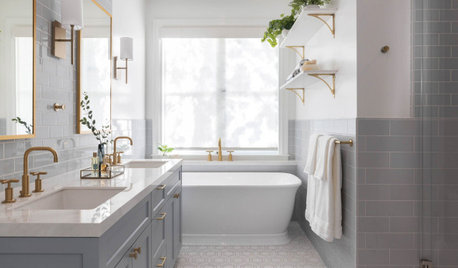
FLOORSWhat to Ask When Considering Heated Floors
These questions can help you decide if radiant floor heating is right for you — and what your options are
Full Story
GREEN BUILDINGInsulation Basics: Heat, R-Value and the Building Envelope
Learn how heat moves through a home and the materials that can stop it, to make sure your insulation is as effective as you think
Full Story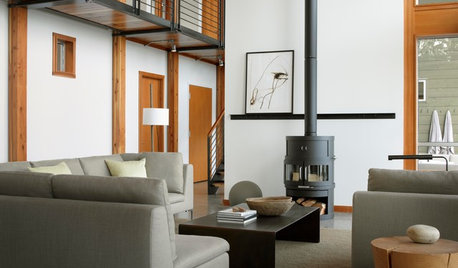
REMODELING GUIDESClean-Burning Woodstoves Ignite a Greener Heating Trend
No need to rely on oil or gas to heat your home — new woodstove designs burn cleanly and are beautiful to boot
Full Story
HEALTHY HOMEHow to Choose a Home Water Filtering System
Learn which water purification method is best for your house, from pitchers to whole-house setups
Full Story





ryanhughes
tigerdunes
Related Professionals
Dover Solar Energy Systems · Downey Solar Energy Systems · Elizabeth Solar Energy Systems · Paradise Solar Energy Systems · Shelton Solar Energy Systems · Azalea Park Solar Energy Systems · Atlanta Home Automation & Home Media · Chattanooga Home Automation & Home Media · Delray Beach Home Automation & Home Media · Fort Lauderdale Home Automation & Home Media · Goulds Home Automation & Home Media · Orange County Home Automation & Home Media · Springfield Home Automation & Home Media · Sun Lakes Home Automation & Home Media · Crestwood Fireplacesryanhughes
jwdhokieOriginal Author
jwdhokieOriginal Author
tigerdunes
ryanhughes
mrhvac
jwdhokieOriginal Author
tigerdunes
gkg44
mike_home
Rajendran123